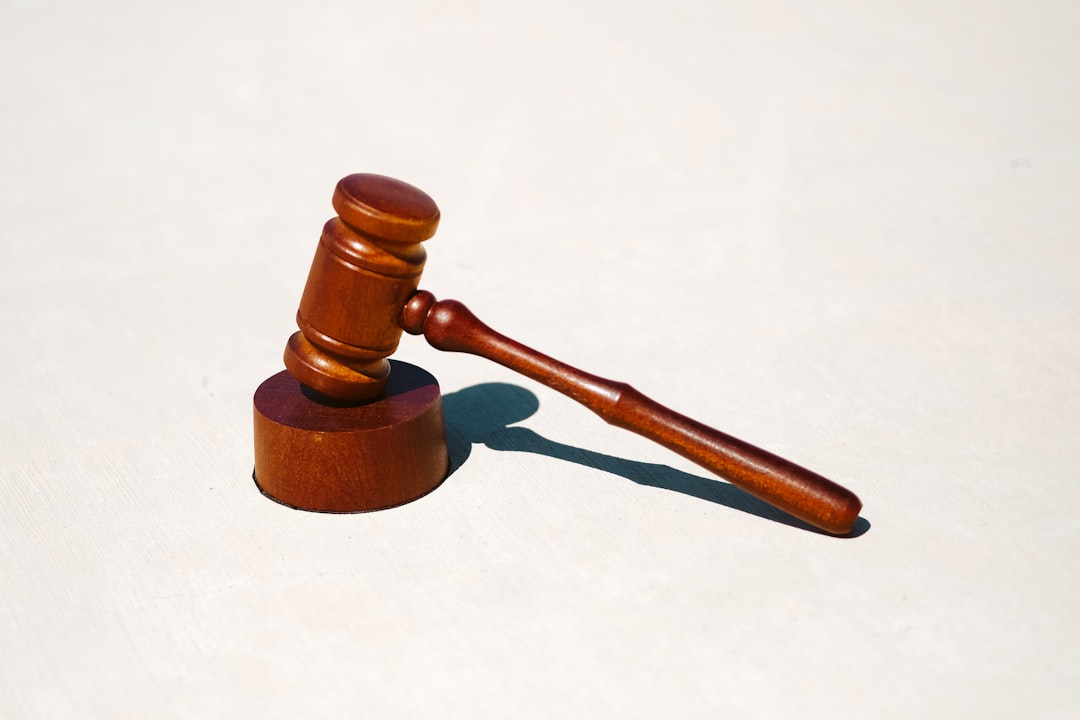In Massachusetts, where automated messaging from schools and healthcare providers is common, an unwanted call attorney MA is crucial for addressing privacy concerns. The Telephone Consumer Protection Act (TCPA) restricts marketing messages, and recipients have opt-out rights. If unsolicited calls or texts occur, consulting a legal expert clarifies rights and navigates regulations regarding automated messaging. Massachusetts laws protect consumers from nuisance calls, especially when sent without consent. For persistent automated messaging, request stoppers via preferred methods, document instances, and consult an unwanted call attorney MA for guidance on cease and desist letters, complaints, or legal action against violators.
In Chelsea, as across Massachusetts, automated messaging from schools and healthcare providers has become commonplace. While convenient, these messages can sometimes be unwanted. Understanding your rights under state law is crucial for navigating this digital communication landscape. This article guides you through the do’s and don’ts of automated messaging, outlines when it crosses the line into ‘unwanted,’ and details your options—including legal actions via an unwanted call attorney MA—to protect your privacy.
Understanding Automated Messaging and Your Rights in MA

In Massachusetts, automated messaging, including calls and texts from schools or healthcare providers, has become increasingly common. While these messages can provide important updates, they also raise concerns about privacy and consumer protection. Unwanted call attorney MA plays a crucial role in helping individuals understand their rights when faced with excessive or unsolicited automated communication.
In MA, the Telephone Consumer Protection Act (TCPA) provides guidelines for automated messaging, including restrictions on certain types of calls and texts. For instance, businesses must obtain prior express consent from recipients before sending automated messages for marketing purposes. If you’ve received unwanted calls or texts from educational institutions or healthcare providers, it’s important to know that you have the right to opt-out and request cessation of these messages. Consulting with an unwanted call attorney MA can provide clarity on your legal standing and help navigate any potential issues regarding automated messaging rights in Massachusetts.
When Is It Consider Unwanted? Legal Definition in Massachusetts

In Massachusetts, the legal definition of an unwanted call is one that violates the state’s telecommunications laws. While there isn’t a specific statute banning all automated messages, certain types of communication are regulated to protect consumers from nuisance calls. According to the Massachusetts Attorney General’s Office, schools and healthcare providers are generally allowed to contact individuals via automated means for legitimate purposes, such as sending reminders or notifications about appointments or important information.
However, these communications become unwanted when they lack consent, are sent at inconvenient times, or are used for marketing or promotional purposes. If you receive an automated message from a school or healthcare provider and consider it intrusive or unwelcome, consulting with an unwanted call attorney in MA could help understand your rights and options. The Massachusetts Comprehensive Data Protection Act provides additional protections, ensuring that personal information is only used for its intended purpose and not sold or shared without consent.
What Are Your Options If You Receive Unwanted Automated Messages?

If you’re receiving unwanted automated messages from schools or healthcare providers in Chelsea, Massachusetts, you have several options available to you. The first step is to understand your rights under state and federal laws, such as the Telephone Consumer Protection Act (TCPA), which restricts automated calls for marketing purposes. You can start by requesting that the sender stop contacting you through automated means. This can usually be done through an “Opt-Out” or “Stop Calling” request sent via email, mail, or a dedicated opt-out form on their website.
If your requests are ignored or if the calls persist, consulting with an unwanted call attorney in MA is advisable. Legal counsel can help you understand your rights and take appropriate action. This might involve sending cease and desist letters, filing complaints with relevant regulatory bodies, or even pursuing legal action against the violators. Remember, it’s crucial to document each instance of unwanted contact for any potential legal proceedings.
Taking Action: How to File a Complaint Against Schools or Healthcare Providers

If you’ve received unwanted automated messages from schools or healthcare providers in Chelsea, Massachusetts, knowing your rights and taking action is essential. The first step is to understand that while these institutions are allowed to use automated technologies for certain communications, they must comply with federal regulations like the Telephone Consumer Protection Act (TCPA). If a school or healthcare provider has violated this law by sending unsolicited messages, you have options.
To file a complaint, start by documenting the details of each incident, including dates, times, and the content of the messages. Then, contact an experienced unwanted call attorney in MA who specializes in consumer protection laws. They can guide you through the process, which may involve submitting formal complaints to both the school or healthcare provider directly and to regulatory bodies like the Federal Communications Commission (FCC). Don’t hesitate to take action; your efforts could help prevent similar incidents from affecting other residents of Chelsea.





